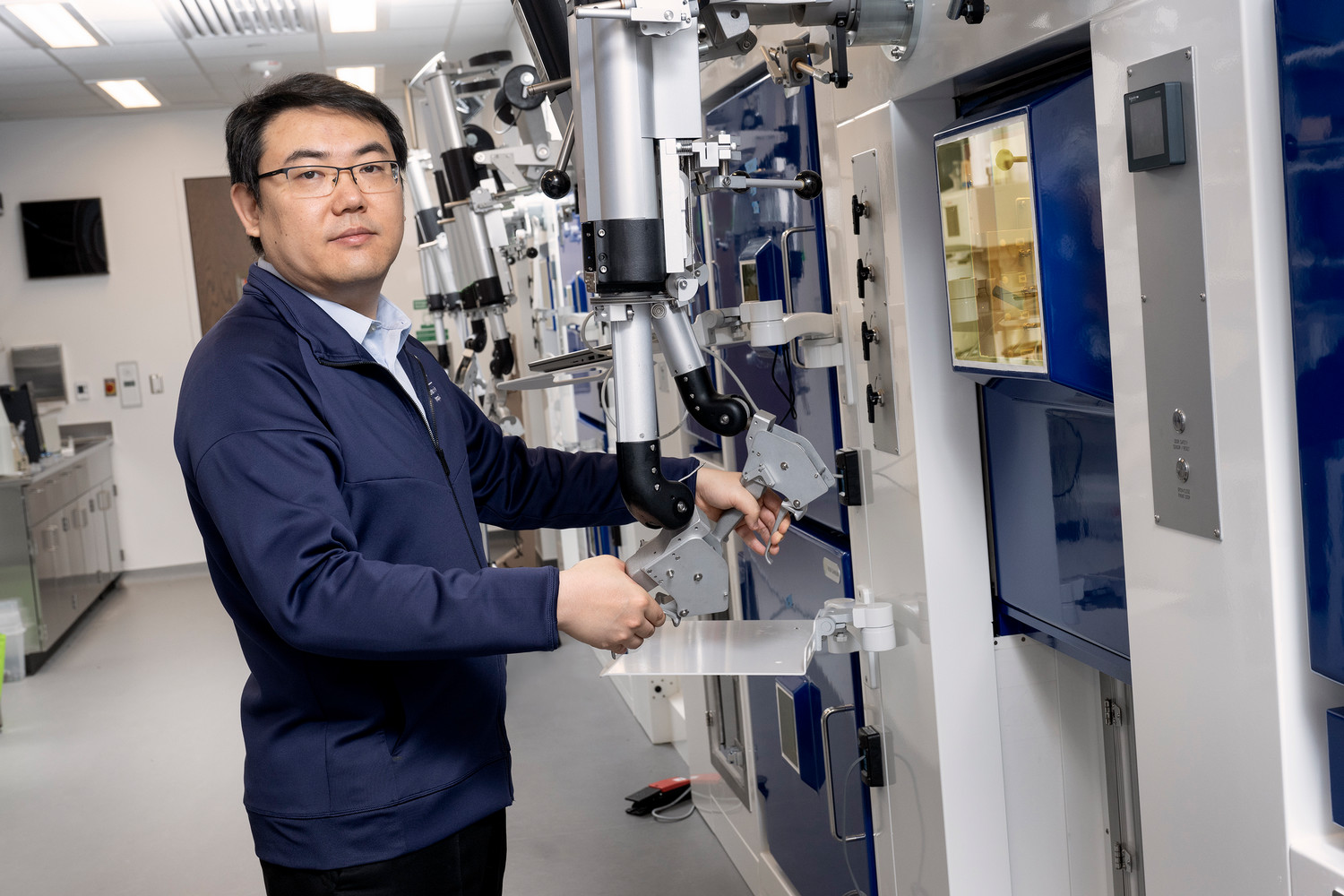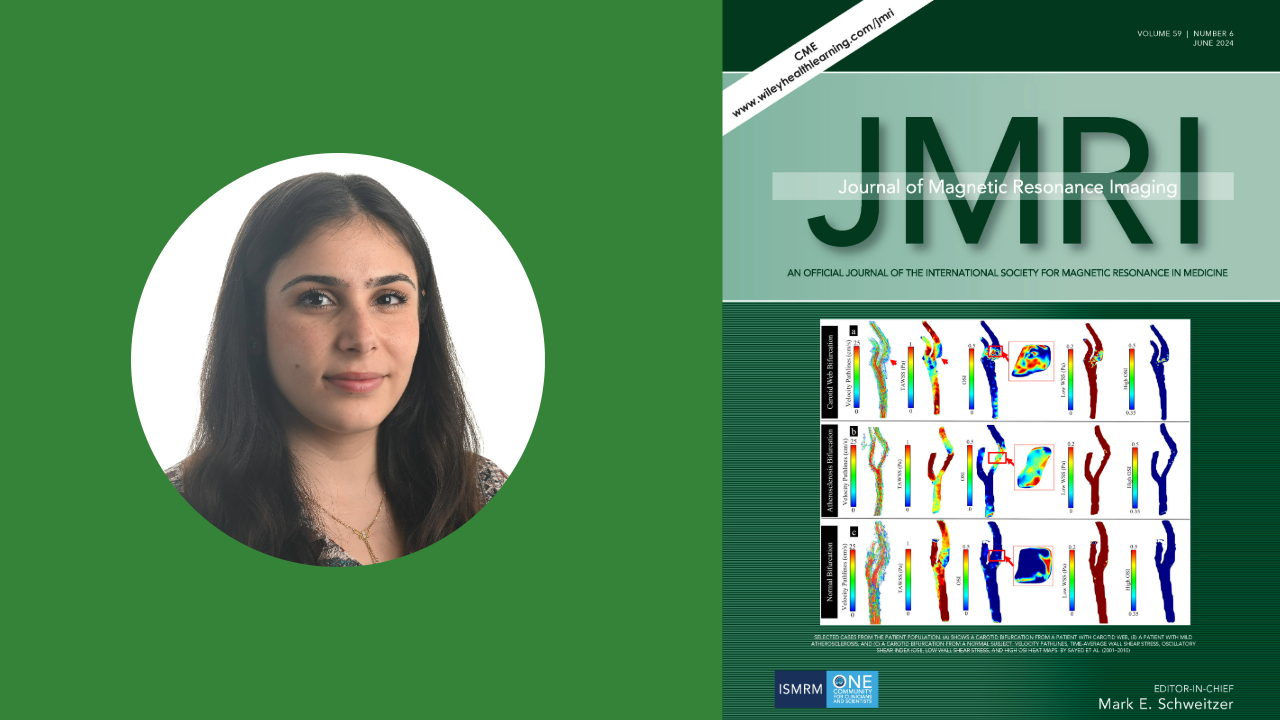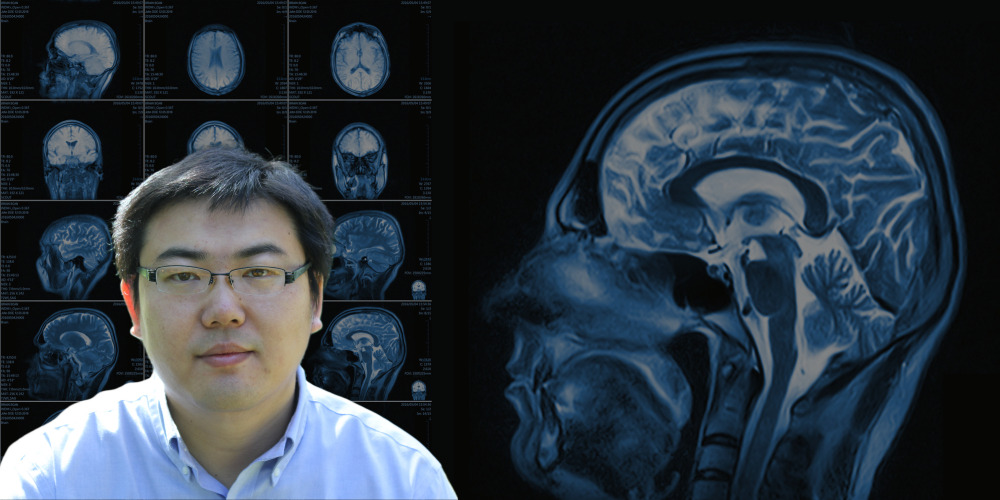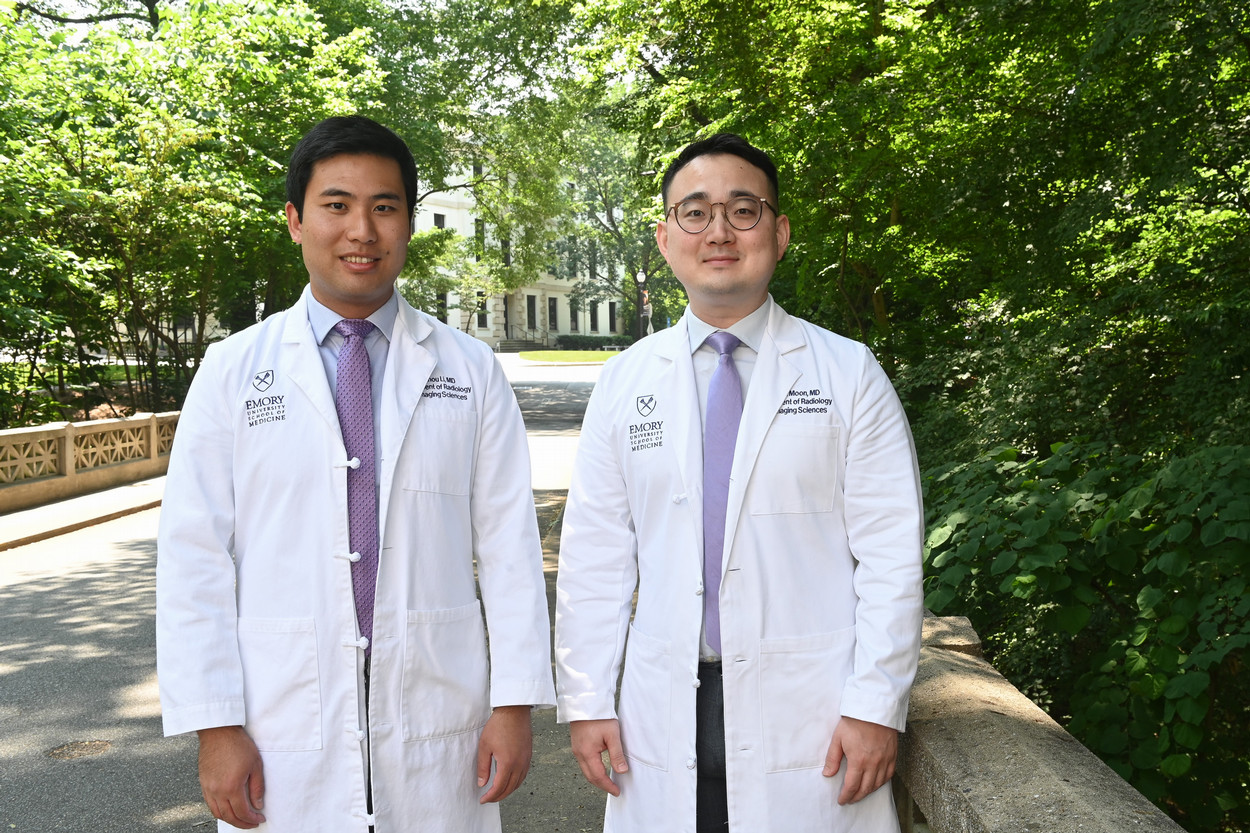Resident-Led Research
Residents' Paper in BMJ Health and Care Informatics Awarded Editor's Choice
John T. Moon, MD, and Hanzhou Li, MD, fourth-year residents in the Interventional Radiology - Integrated Residency program, received Editor's Choice accolades for their paper "Towards Inclusive Biodesign and Innovation: Lowering Barriers to Entry in Medical Device Development through Large Language Model Tools," published July 22, 2024 in the British Medical Journal Health & Care Informatics. Coauthors include Nicholas Lima, BS, Eleanor Froula, BSEng, and faculty members from the Division of Interventional Radiology Janice Newsome, MD, Zachary Bercu, MD, RPVI, and Judy Wawira Gichoya, MD, and Hari Trivedi from the Division of Emergency and Trauma Imaging.
RSNA Research Grant Awarded
M. Bechel, third-year diagnostic radiology resident, is leveraging an RSNA Resident Research grant for a project to increase awareness and adherence with incidental imaging follow-up recommendations, specifically pulmonary nodules. To this end, Bechel will be coding and deploying two different interventions within Emory's electronic medical record - one for patients and one for primary care providers. For patients, she will build a system that monitors for radiology pulmonary nodule detection and inserts special instructions into patient after visit summaries to notify them of the finding and recommendation. For the second intervention, Bechel is partnering with Emory Primary Care to develop a tracking system to help providers identify which patients within their census need imaging follow-up, have completed it, and are overdue.

RSNA Grant Honor
Wasif Bala, fourth-year diagnostic radiology resident, received grant funding to develop AdaptiRad to revolutionize radiology education. By simulating real-world radiology tasks and presenting optimal learning cases tailored to user competency, AdaptiRad promises to reimagine diagnostic training through an evidence-based, deliberate practice approach. This innovative educational platform is enhanced with eye-tracking technology, offering unique insights into the progression of skill development and paving the way for a new era in radiology training.








